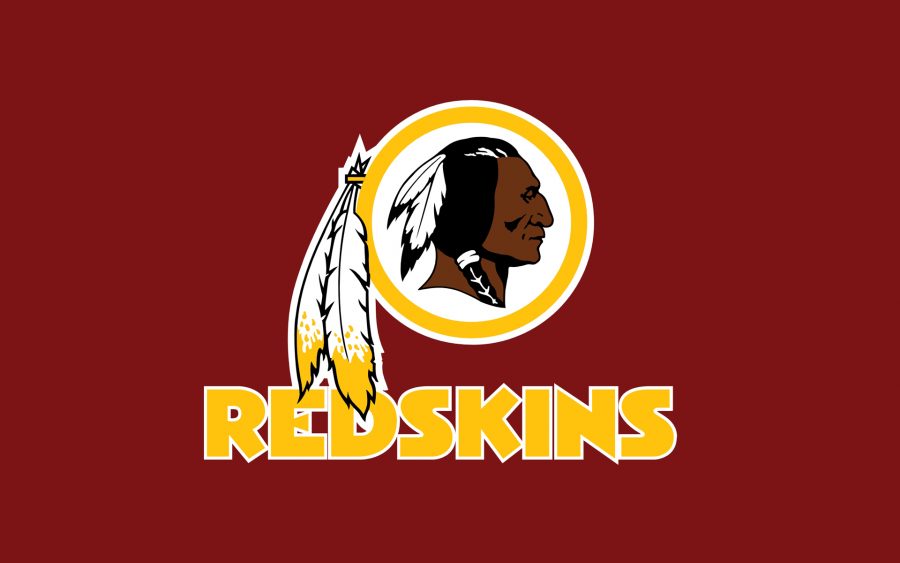Michael Gross
Last night , I came across a Louis C.K. (renowned Mexican-American comedian) skit on YouTube. The topic: Native Americans, or, as commonly referred to today, Indians.
“We knew in a month after arriving to America that they weren’t Indians, but we just don’t give a sh**t!”
Comedians make fun of people for a living. In March of last year, comedians Key & Peele responded to some criticism humorists get for simply doing their job. They published an article in Time magazine, arguing that excluding a group from derision assumes that they are too weak to take it. And, while Louis C.K. and Key & Peele have certainly taken a proactive and intellectual approach to comedy, this good-natured ribbing is only acceptable if it comes with an underlying respect and awareness.
Now, this is article is not meant to bash Key & Peele Louis C.K. – I have the utmost praise and appreciation for them, and I am confident that they are not the source of the world’s ignorance towards Native Americans and several other ethnic groups. Rather, this ignorance is rooted in many of our role models and sources of entertainment: sports organizations.
This past June, the U.S. Patent and Trade Mark office cancelled the Washington Redskins organization’s trademark for the “Redskins” name and symbol, “based on the agency’s determination that the name “Redskins” is disparaging to Native Americans.”
This is not the first time their trademarks have been denied. In 1999, the same thing occurred, only to be repealed four years later. That time, the court’s justification was that the initial decision was “unsupported by substantial evidence and logically flawed.” What is needed to prove that the name “Redskins” is disrespectful to the 562 Native American tribes?
Well, there is an ample amount: its past use as a pejorative, its recognized meaning and the fact that it is not a regularly used term today. For decades, the group specifically targeted by this word has claimed that “Redskin” is a slur and the team should thus change its name. To embody the world’s complete disregard of Native American rights, Redskins owner Dan Synder publicly stated that he will never change the name.
Other sports organizations have taken a different approach. Chief Wahoo, the bright red, wide-grinning face of the Cleveland Indians baseball team, has been “offensive since day one,” according to Robert Roche, a Chiricahua Apache and longtime opponent of the Indians’ team name and logo. He told NBC news “We are not mascots. My children are not mascots. We are people.”
Rather than releasing a public statement to declare a change, over the years, the organization has gradually converted their logo into a red “C.” While this has not resolved the name controversy, it is certainly a step in the right direction, a step towards the de-patronization of this suppressed community.
Not surprisingly, the contention surrounding the Redskin’s and Indian’s logos and mascots has made little noise at Latin School of Chicago.
Relative to the outside world, Latin is an extremely accepting environment: clubs like The CAUSE, Black Student Union, Latin American Student Organization, and Asian Student Alliance highlight the school’s proactive approach to welcome all groups and cultures. And, while it would be hubris to suggest that these minorities feel completely comfortable walking through Latin’s hallways, I would like to think that Latin’s strides have been somewhat successful.
But, there is no Native American Alliance, which is logical given that there are few Latin students who identify as such. Notwithstanding, Latin’s approach towards acceptance is missing a crucial piece: an all-encompassing club, on the lookout for any acts of discrimination or disdain.
Two years ago, when asked about accusations on Chik-Fil-A’s anti-gay stance, CEO Dan Cathy, responded “Guilty as charged,” sparking the ire of a number of lesbian, gay, bisexual, and transgender (LGBT) advocates and followers. Rightfully so, the members of the Cause, and other members of the Latin community, stopped eating at Chik-Fil-A. Why is Dan Synder’s statement any different? While this statement does not directly affect our student body and faculty, should we not protest a wrongdoing simply because no members of our community were personally harmed.
Of course not.
Now, it is a human inclination to ride the status quo and disregard events that do not harm us individually, yet, for years Latin has objected this inclination and stood up for what it believes is right. And, we have made tremendous strides in doing so; but, we cannot turn our backs on something that does not specifically pertain to “our people.” Because, as a progressive school, dedicated to excellence, integrity, and community, any act of inequity pertains to us.
]]>























































